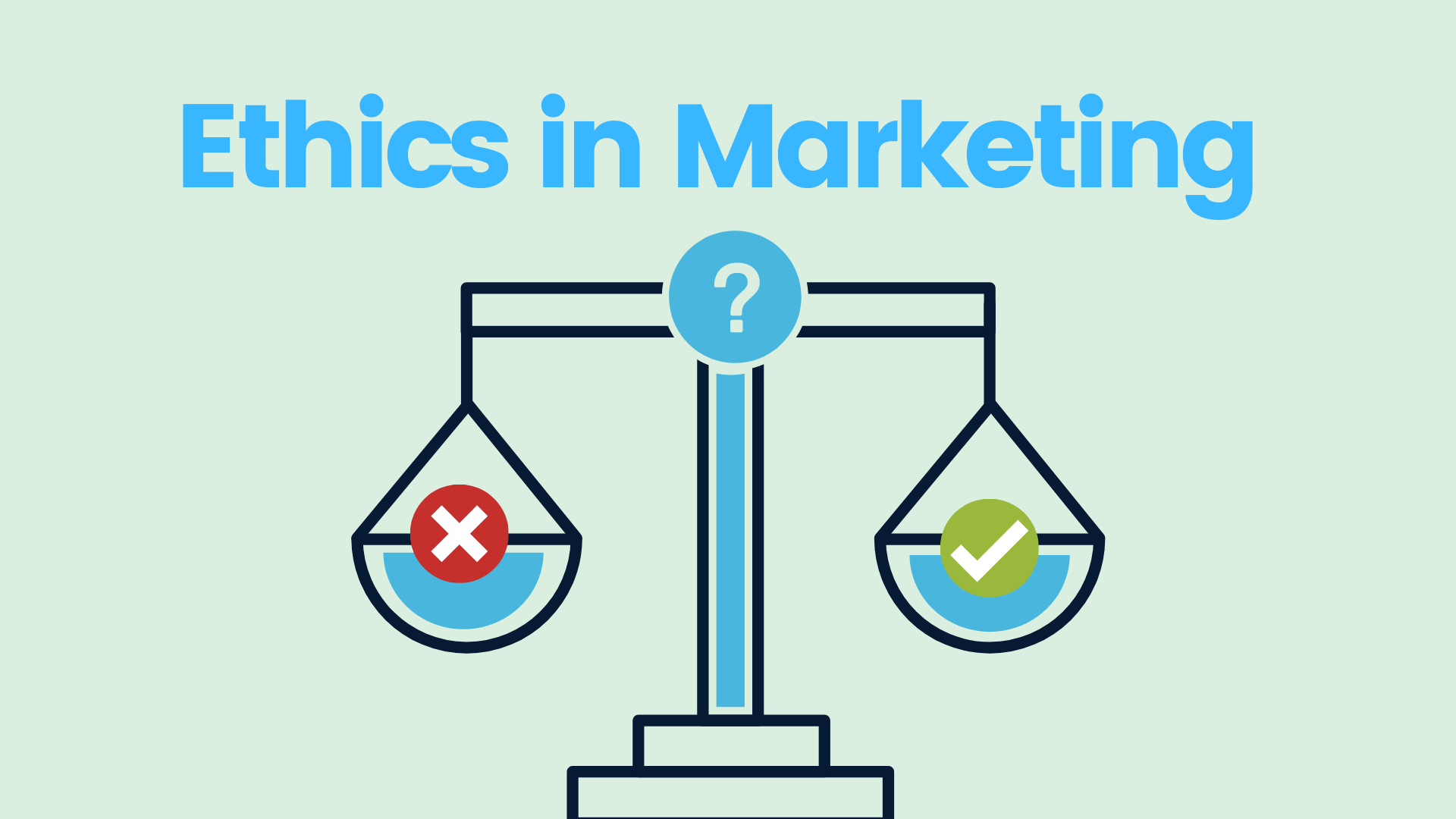Home ➤ Blog ➤ Marketing Ethics ➤ 10 Ethical Marketing Principles

10 Ethical Marketing Principles
Alec Foster • 2022-12-13
Marketing Ethics,
Marketing has come a long way in recent years, and one of the biggest shifts has been the increased focus on ethics. As consumers become more aware of the impact of their purchasing decisions, they are more likely to choose companies that align with their values and engage in ethical practices. As a result, many businesses are now adopting ethical marketing tactics to attract and retain customers.
Here is a list of 10 ethical marketing principles that all marketers can commit to:
- Transparency: being open and honest about the products or services being offered and providing clear and accurate information.
- Respect for the customer: treating customers with dignity and respect, and avoiding tactics that manipulate or deceive them.
- Social responsibility: considering the impact of marketing efforts on society as a whole and taking steps to minimize negative effects.
- Honesty: avoiding false or misleading claims about products or services.
- Fairness: treating all customers equally and not discriminating based on factors such as age, race, gender, religion, or sexual orientation.
- Privacy: respecting customers' privacy and not sharing their personal information without their consent.
- Accountability: being accountable for the actions and decisions of the company and addressing any issues or concerns raised by customers.
- Sustainability: considering the long-term impact of marketing efforts on the environment and taking steps to reduce any negative effects.
- Transparency in data collection: collecting customer data in a transparent and ethical manner, and providing customers with clear information about how their data will be used.
- Compliance with laws and regulations: complying with all applicable laws and regulations related to marketing, advertising, and consumer protection.
One of the key principles of ethical marketing is transparency. This means being open and honest about the products or services you are offering, and providing clear and accurate information about their features and benefits. This can include providing detailed product descriptions, disclosing any potential drawbacks or limitations, and clearly stating any applicable terms and conditions.
Another important aspect of ethical marketing is respect for the customer. This means treating customers with dignity and respect, and not engaging in tactics that manipulate or deceive them. This can include avoiding aggressive sales techniques, such as high-pressure sales pitches or hard sells, and respecting customers' privacy by not sharing their personal information without their consent.
Another key element of ethical marketing is social responsibility. This means considering the impact of your marketing efforts on society as a whole, and taking steps to minimize any negative effects. This can include reducing your environmental impact by using sustainable materials and practices, supporting charitable causes, and promoting positive social values.
In addition to these core principles, there are a number of specific tactics that businesses can use to engage in ethical marketing. For example, many companies are now using social media to connect with customers and provide valuable information and resources. This can include sharing educational content, offering tips and advice, and engaging in genuine conversations with customers to better understand their needs and preferences.
Another tactic that is gaining popularity is cause-related marketing, which involves partnering with a charity or non-profit organization to promote a specific cause. This can be a powerful way to connect with customers on a deeper level and show that your company cares about important social issues.
Overall, ethical marketing is not just a trend – it's a crucial aspect of building and maintaining a successful business. By adopting transparent, respectful, and socially responsible marketing practices, you can build trust and credibility with your customers, and position your company as a leader in your industry.


